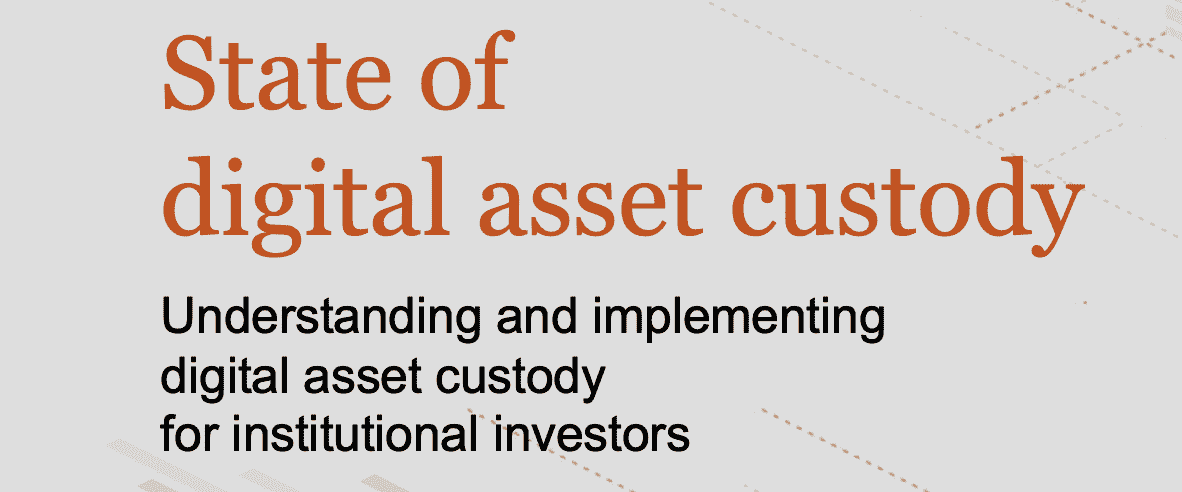Observation | Cash payment blocked, the epidemic "bred" central bank digital currencies?
Source of this article: China Banking Insurance
Intern reporter Yu Yan
Affected by the new crown pneumonia epidemic, recently, mobile payments have increasingly become the main channel for currency circulation, and at the same time, cash payments have been further compressed. This trend has made M0 (cash in circulation) farther and farther away from cash payments. In the second half of last year, Mu Changchun, director of the Digital Currency Research Institute of the Central Bank, said: "The central bank is developing the central bank digital currency (DC / EP), and the research and development of DC / EP is committed to achieving M0 replacement." An opportunity to prompt the central bank to accelerate the implementation of DC / EP?
"Hindered" cash payments in the epidemic
A few days ago, Fan Yifei, deputy governor of the central bank, said at a press conference organized by the State Council ’s joint prevention and control mechanism that the compound annual growth rate of the number and amount of mobile payments has reached 83.5% and 39%, respectively. It should be said that China ’s electronics Payment is still relatively advanced. Recently, there have been some new cases in various places, such as "meetless vegetable baskets". People pay for their orders on their mobile phones, and they can buy fresh and affordable meat, eggs, vegetables and fruits without going out, which has solved a major problem in people's lives during the epidemic. Fan Yifei said that the central bank will further accelerate the work in the field of mobile payments and encourage online banking, mobile banking and other channels to provide customers with financial investment, living expenses, online shopping and other services around the clock.
- SEC Commissioner Hester Peirce details ideas for "safe harbor" proposal and seeks feedback
- Detailed DeZ protocol bZx hacked twice: What is the attack method and how to defend it?
- On-chain documentary: the last week of FCoin, the crisis may come to light in 2018
How convenient mobile payments are, in turn, shows how "difficult" it is to pay and circulate cash. Because banknotes and coins carry the risk of carrying viruses, in order to reduce the possibility of infection, the central bank recently required all branches to sterilize cash in circulation, and withdraw cash from key units, and required temporary storage of coffers, and put in original new coupons as much as possible. Issuance funds withdrawn before the outbreak. In addition, Fan Yifei revealed that the central bank has suspended inter-provincial cash transfers and intra-provincial transfers in some areas with severe epidemics, and requires commercial banks to strictly implement the two lines of revenue and expenditure, and the cash received must be disinfected before being released to customers.
The reporter learned that for the RMB cash circulating from hospitals, farmer's trade sites and public transportation, the Guangzhou Branch of the Central Bank recently took measures to directly destroy it after recycling it from the scene. Prior to this, Guangzhou has launched a network of cash withdrawal services for financial institutions, which will transfer cash withdrawal services to online as much as possible.
Payment transaction online and M0
The onlineization of payment transactions is essentially not only the special needs of the epidemic period, but also the transformation direction of financial institutions in recent years. For traditional financial institutions, the currency circulation channels and transactions are turned online, which is not only more convenient for users, but also saves manpower and offline operating costs of financial institutions. When the main mobile payment platforms in the market, Alipay and WeChat, have each built a diversified living service ecosystem, covering most of the daily transaction scenarios required by users, the demand for banknote transactions naturally weakened, and mobile payment has gradually become M0. The main carrier of circulation.
Reflected in the banking industry, in recent years, banks have exhibited a prominent feature: the number of outlets has not increased or increased not much, and the overall development has become online and intelligent. At the end of 2018, the physical outlets of the six large state-owned listed banks (including the Postal Savings Bank) continued to decline based on the decrease in 2017, from 79,272 at the end of 2016 to 78,511, a decrease of 761 in two years. Since 2018, the number of physical outlets of joint-stock banks has also decreased from 13,594 at the end of 2017 to 13,354, a decrease of 240 a year.
On November 27 last year, at the 3rd China Digital Banking Forum, Yu Xuejun, chairman of the board of supervisors of the State-owned Financial Institutions of the Banking and Insurance Regulatory Commission, said that in China, Alipay and WeChat payment far exceed credit card payments; ATM machines also saw their first decline in 2019. . People no longer rely on cash for circulation, many bank counters and even Mencora. These changes are reflected in the bank's cash flow. From 2001 to 2011, the annual increase in China's cash flow M0 was basically more than 10%, and the highest reached 16.7% in 2010. However, since 2012, no matter how the currency and credit fluctuate, the growth rate of M0 has always been small, and in recent years it has basically remained at a level of more than 3% to 4%.
This is an unavoidable trend, but it also brings some new issues that need attention. At present, the mobile payment market is highly concentrated. Two large mobile payment platforms, WeChat Pay and Alipay, together account for about 92% of the market share. As the large-scale M0 increasingly relies on two oligopoly mobile payment platforms, its potential financial risks and the pressure to monitor the flow of funds also appear in front of financial regulators.
As far as mobile payment is concerned, its essence is payment based on electronic accounts. It requires the corresponding physical currency support under the wire. No matter how large the transaction amount is, there must be a corresponding size of currency in the banking system for payment. And forward. Therefore, although mobile payment provides convenience on carriers and channels, it is more a "payment method" innovation, a victory built on the huge demographic dividend and Internet technology dividend. The physical currency has not been replaced as a result, and it has no regulations to avoid some of its potential financial risks.
Central bank option to replace M0: DC / EP
It can replace the gradually shrinking M0 and effectively prevent the potential financial risks of mobile payments. After years of discussion in the industry, a possible optimal solution has emerged-the "central bank digital currency" or DC / EP issued by the central bank.
In August last year, Mu Changchun responded to several key questions when discussing the central bank's digital currency: Why can DC / EP replace M0? How is it different from electronic payment? What is the significance of DC / EP?
Mu Changchun pointed out that compared to M1, M2, which has been digitalized and digitized, M0 (banknotes and coins) is easier to forge anonymously, and there are risks for money laundering and terrorist financing. Electronic payment tools (mobile payment platforms) cannot fully meet the public's demand for anonymous payments and cannot completely replace M0. The design of DC / EP maintains the attributes and main characteristics of cash, and also meets the needs of portability and anonymity, and is a better tool to replace cash. Since DC / EP is a replacement for M0, interest is not paid on cash, it will not cause financial disintermediation, and it will not have a large impact on the existing real economy.
In his remarks, Mu Changchun also mentioned that "the central bank's digital currency is ready to come out." In the 2020 central bank work conference, the central bank reiterated that it “will continue to steadily advance the development of legal digital currencies”. In response, Shao Fujun, executive director of the China Financial Forum of Forty (CF40) and chairman of China UnionPay Co., Ltd. pointed out that if the central bank's digital currency is implemented, it will help the central bank to improve the efficiency of monitoring currency operations, enrich monetary policy means, and enhance The intelligent level of the transaction process improves the efficiency of payments, especially cross-border payments, and establishes an open payment environment.
As predicted by various industries, "After this epidemic, all industries that can be online and IP-based, including healthcare, e-commerce, short video, online games, unmanned distribution, and drones, are expected to erupt. "As the financial industry that has assumed the role of" escort "in this epidemic, it will also have a clearer understanding of" online "after the epidemic. And the central bank's digital currency, which is expected by the industry, will accelerate the landing after this "epidemic"? The market is waiting to see.
We will continue to update Blocking; if you have any questions or suggestions, please contact us!
Was this article helpful?
93 out of 132 found this helpful
Related articles
- U.S. Presidential candidate Michael Bloomberg: proposes "clear regulatory framework" for cryptocurrencies
- Research Report | Case Study of 2020 Global Technology Company Blockchain Layout
- New research: 0.5 Bitcoin can lock most liquidity, payment channel loopholes paralyze Lightning Network
- How to support dual offline payments for digital currencies: the central bank and ICBC have prepared three sets of plans
- Coinbase: Cryptocurrency is a solution to racial inequality in the financial sector
- Forbes: Why use a fixed investment strategy to invest in Bitcoin
- Analysis of hard core technology | bZx protocol attacked by hackers






